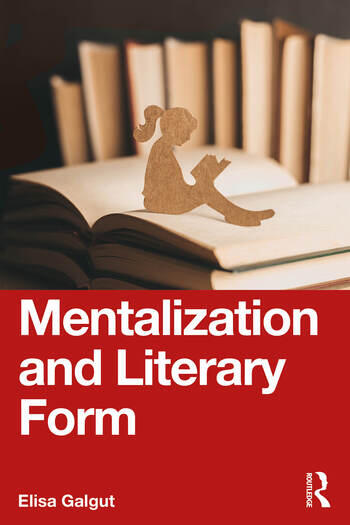Mentalization and Literary Form

Book Details
- Publisher : Routledge
- Published : 2025
- Cover : Paperback
- Pages : 100
- Category :
Psychoanalysis - Catalogue No : 98208
- ISBN 13 : 9781032685625
- ISBN 10 : 103268562X
Reviews and Endorsements
The concept of mentalization—the ability to recruit one’s beliefs and attitudes to the purpose of understanding oneself and others—emerges from psychoanalysis in its contemporary form, although its origins are as old as Socrates. The first part of Elisa Galgut’s book explains the concept masterfully, in a textbook lesson, relying on her knowledge of psychoanalysis and the philosophy of mind. The book then finds its groove, recruiting the concept of mentalization to revisit such literary stalwarts as Sophocles, Shakespeare, Milton, Yeats, and Austen. Here the innovation is to highlight the importance of literary form. Her readings are original, indeed pitch-perfect. The book is pleasure to read, wonderfully composed, and should be widely read.
Daniel Herwitz, Fredric Huetwell Professor, Comparative Literature, Philosophy History of Art, University of Michigan
In this interdisciplinary tour de force Galgut brings her philosophical, literary and psychoanalytic sensibilities magnificently together. Readable and gently scholarly, she argues that the formal structures of art and psychoanalysis both represent ways to contain and mentalise problematic feelings. In her analysis of Jane Austen’s Free Indirect Discourse she shows how the combined voice of narrator and character entail a broadening and maturation of the self and its perspectives. As in psychoanalysis the dialogue of therapist and patient intertwine to build more meaningful narratives of people’s lives, so in this lovely book Galgut summons literature and psychoanalysis into an aesthetically convincing duet. Essential reading for those interested in psychoanalysis, literature and their overlaps. In short, she, and her many insights sing satisfyingly true.
Prof Jeremy Holmes, MD FRCPsych, psychoanalytic psychotherapist, University of Exeter, UK

